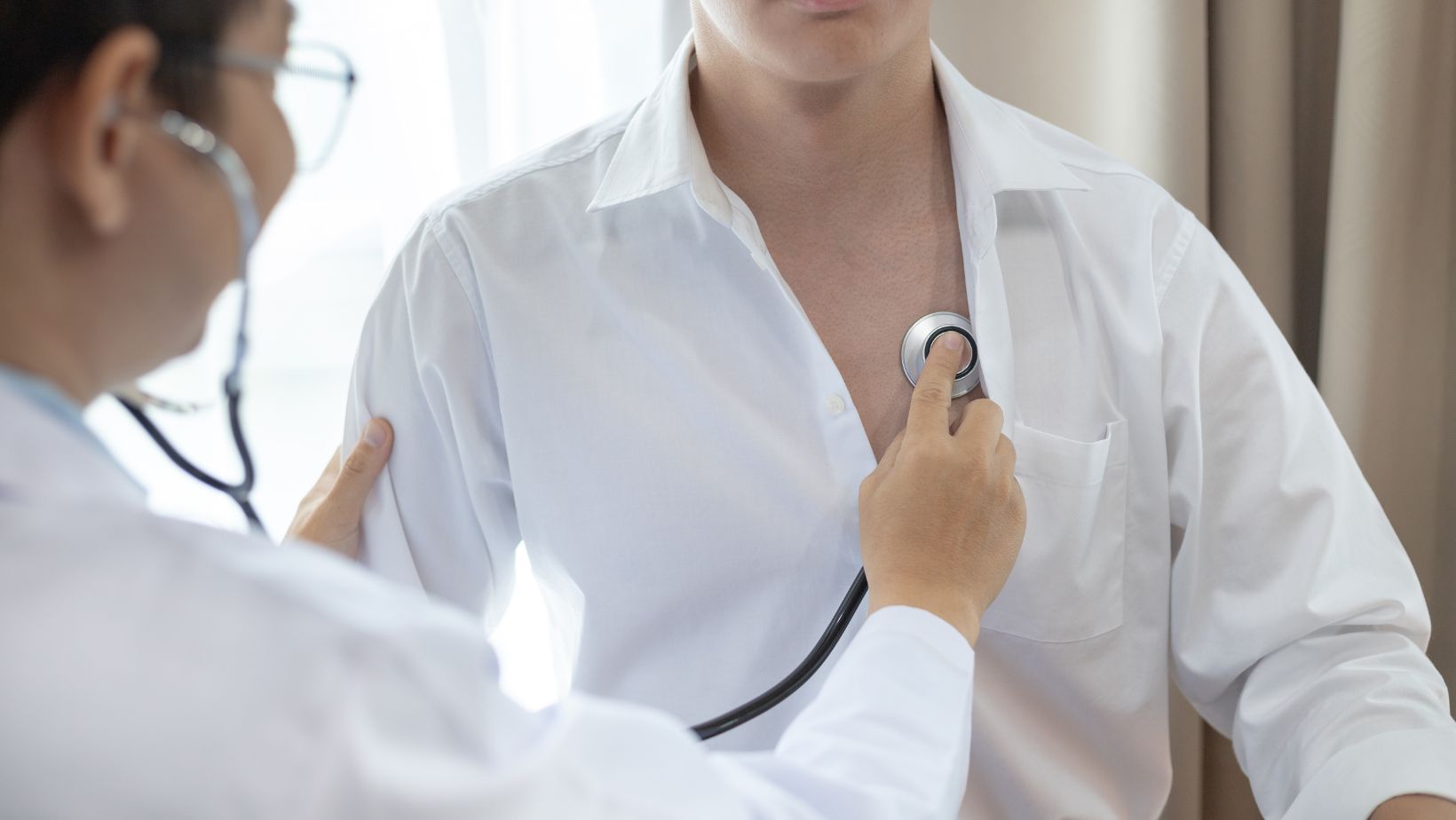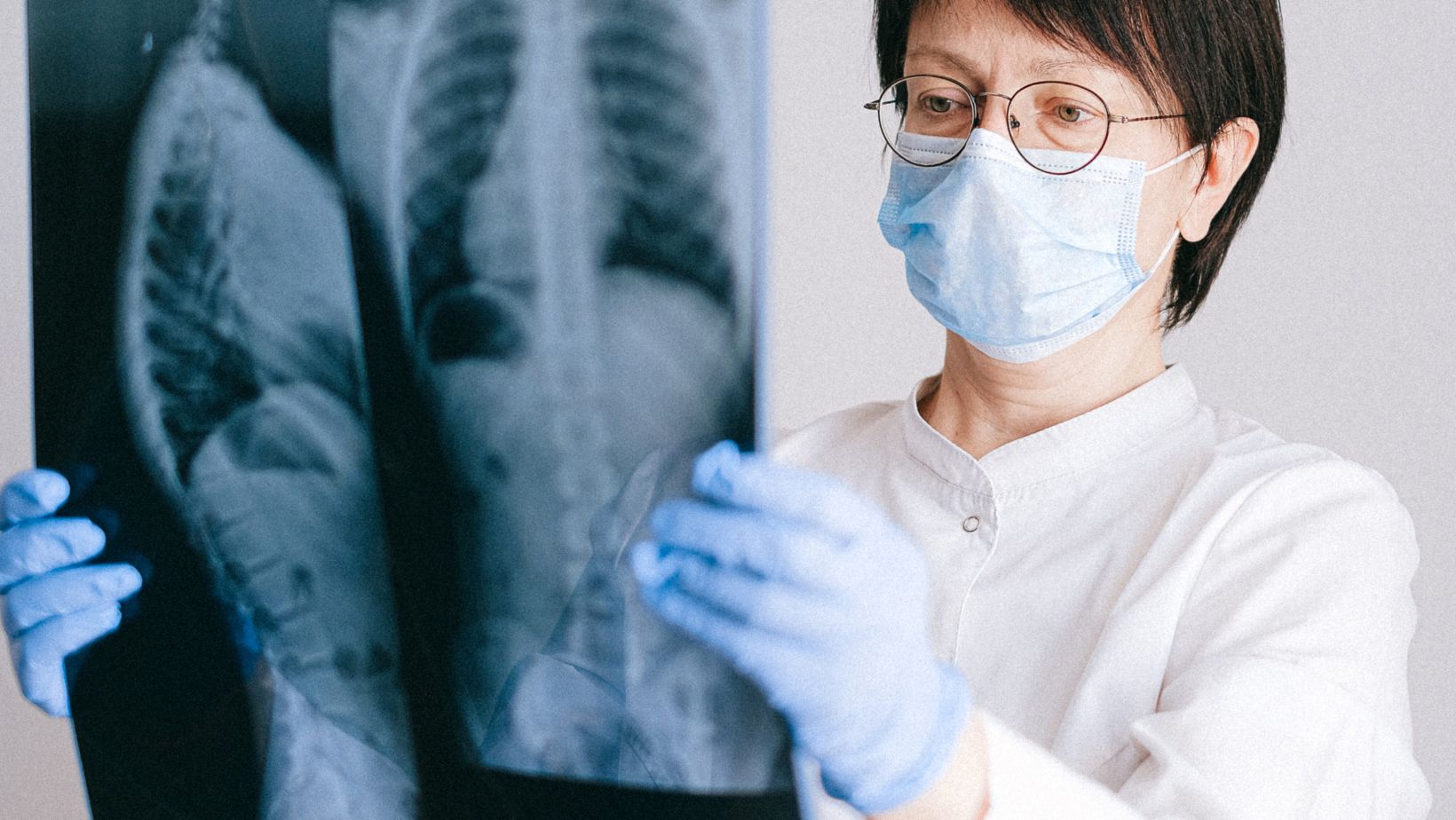
The lungs are an incredible organ system that is vital to our overall health and well-being. Their primary function is to facilitate the exchange of oxygen and carbon dioxide, ensuring that every cell in our body receives the necessary oxygen for survival. In this article, we will explore the intricacies of lung function, the respiratory process, and the lungs’ essential role in maintaining our health.
1. Anatomy of the Lungs
A. Structure: The lungs are paired, cone-shaped organs in the chest cavity. The ribcage and the diaphragm, a dome-shaped muscle essential for breathing, protect them.
B. Lobes: Each lung is divided into sections known as lobes – the right lung has three lobes, while the left lung has two to accommodate the heart.
C. Bronchial Tree: The airway system consists of bronchi, bronchioles, and alveoli. Bronchi are the central airways that branch into smaller bronchioles, ending in tiny air sacs called alveoli.
2. How the Lungs Function
A. Breathing Process: The lungs’ primary role is to facilitate the exchange of gases during breathing. When we inhale, the diaphragm contracts and the ribcage expand, creating negative pressure within the chest cavity. This draws air into the lungs, filling the alveoli with oxygen.
B. Gas Exchange: In the alveoli, oxygen from the inhaled air diffuses into the bloodstream, binding to red blood cells. Simultaneously, carbon dioxide, a waste product produced by cells, is released from the bloodstream into the alveoli to be exhaled.
C. Oxygen Transport: Oxygen-rich blood is carried by the pulmonary veins to the heart, pumping it to the rest of the body to supply oxygen to all tissues and organs.
D. Carbon Dioxide Elimination: Carbon dioxide-laden blood returns to the heart and is pumped into the pulmonary arteries and back to the lungs. In the alveoli, carbon dioxide is exhaled from the body during exhalation.
3. The Role of Lungs in Overall Health
A. Oxygenation: Adequate lung function is essential for oxygenating the blood and maintaining oxygen levels. Sufficient oxygenation is crucial for cellular energy production and overall vitality.
B. Immune Defense: The lungs play a critical role in the immune system, acting as the first line of defense against airborne pathogens and harmful particles. Mucus and tiny hair-like structures called cilia in the airways help trap and remove foreign particles, preventing infections.
C. Acid-Base Balance: The lungs also maintain the body’s acid-base balance by regulating carbon dioxide levels and bicarbonate ions in the bloodstream.
4. Factors Affecting Lung Health
A. Smoking: Tobacco smoke contains harmful chemicals that damage the lungs’ delicate tissues, leading to chronic conditions such as chronic obstructive pulmonary disease (COPD) and lung cancer.
B. Environmental Pollutants: Exposure to air pollution, secondhand smoke, and industrial chemicals can harm lung health.
C. Respiratory Infections: Infections like pneumonia and influenza can affect lung function and cause temporary or permanent damage.
D. Genetic Factors: Certain genetic conditions can predispose individuals to lung diseases such as cystic fibrosis.
5. Maintaining Lung Health
A. Avoid Smoking: Quitting smoking is one of the most significant steps individuals can take to improve lung health and reduce the risk of lung diseases.
B. Regular Exercise: Physical activity can improve lung capacity and respiratory health.
C. Clean Indoor Air: Ensuring indoor air quality by avoiding smoke, using air purifiers, and proper ventilation can protect lung health.
D. Vaccinations: Annual flu and other recommended vaccinations can help prevent respiratory infections.
Conclusion
The lungs are remarkable organs that are critical to our body’s functioning and overall health. Understanding how the lungs function and the factors that impact their health can empower us to take better care of our respiratory system. By adopting a healthy lifestyle, avoiding harmful substances, and seeking medical attention, we can maintain the respiratory powerhouse’s health and well-being for a lifetime.


